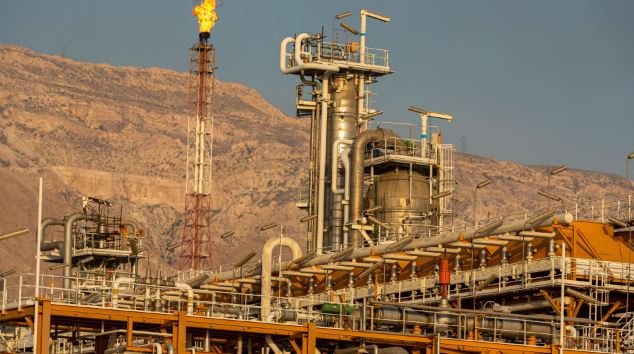Potential ‘Super Spike’ in Oil Prices Looms if Middle East Conflict Worsens

The recent attack by Iran on Israel could lead to a significant surge in global oil prices, with experts predicting a “super spike” that could push costs well above $100 per barrel if the conflict escalates further. This stark forecast underscores the fragile interdependence of global politics and energy markets.
As tensions rise in the Middle East, the possibility of disruptions to oil supply becomes more likely. The region accounts for a substantial portion of the world’s oil production, with any threat to stability causing immediate ripples through global markets. Analysts caution that the continuation or intensification of hostilities could severely impact oil flows, prompting prices to skyrocket.
The economic implications of such a price surge would be widespread. Higher oil prices typically lead to increased fuel costs for consumers and businesses, contributing to inflationary pressures and potentially slowing economic growth. This scenario poses a significant concern for countries still grappling with the economic fallout from recent global events.
Investors and market watchers are keeping a close eye on developments, as the potential for a prolonged conflict could mean prolonged high oil prices. Meanwhile, governments and international organizations might find themselves needing to intervene to stabilize markets if prices reach unsustainable levels.
This situation puts additional pressure on diplomatic efforts to quell the tensions. The international community may need to step up its engagement to prevent a full-blown crisis that could have long-lasting effects on global economic stability.
In the coming days, the actions taken by key stakeholders in the region and around the world will be critical in shaping the economic landscape, as everyone braces for the potential financial shockwave that could follow an escalation in the Middle East conflict.





